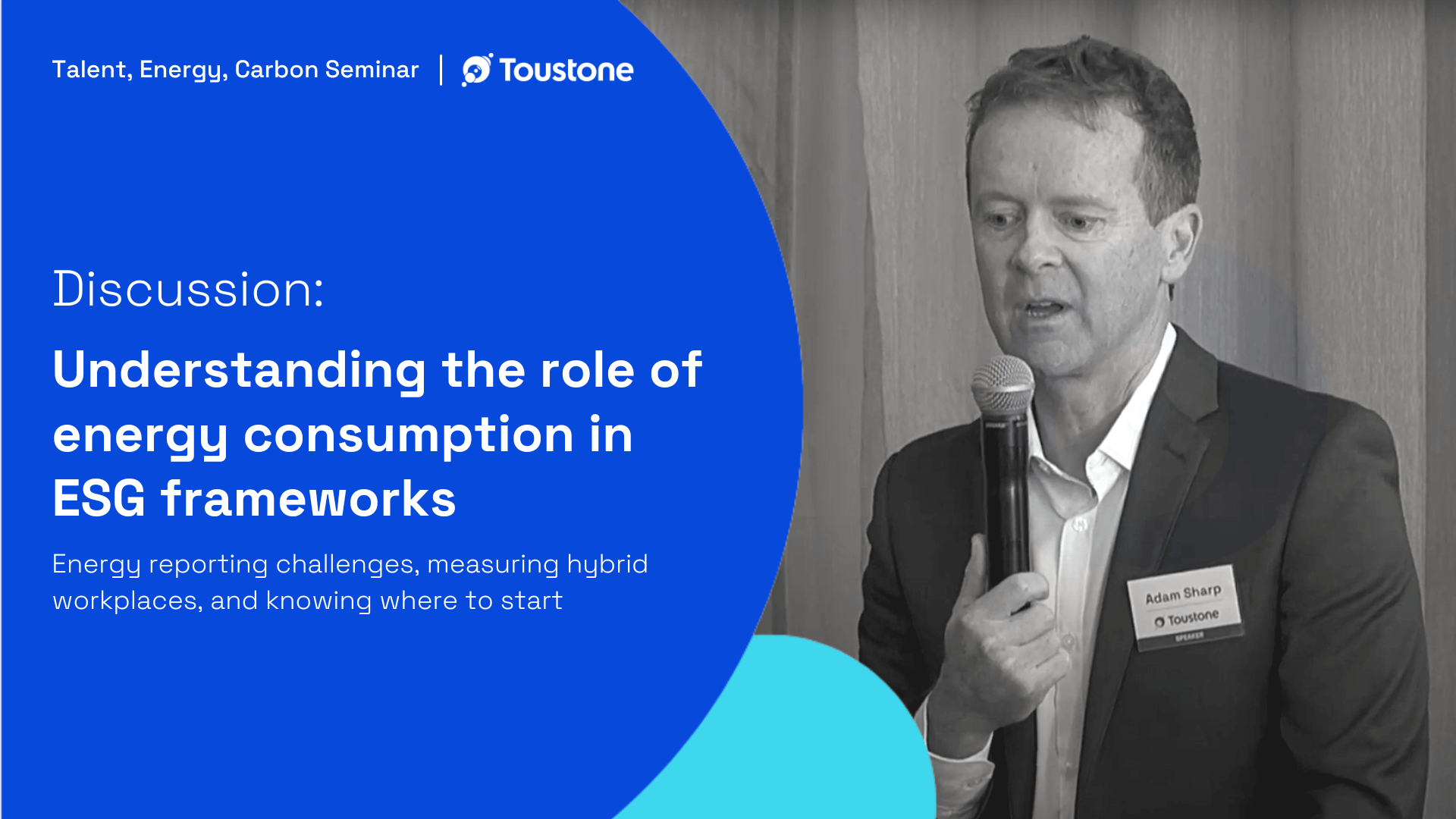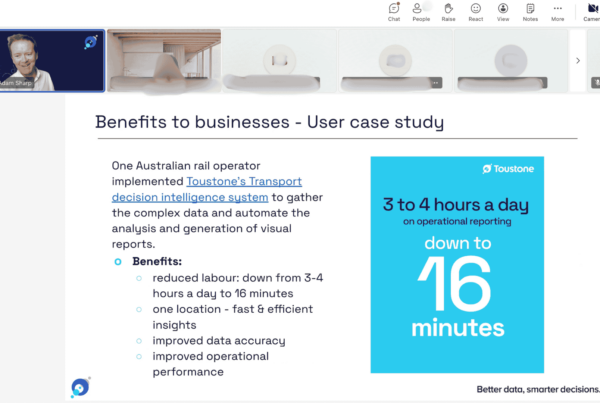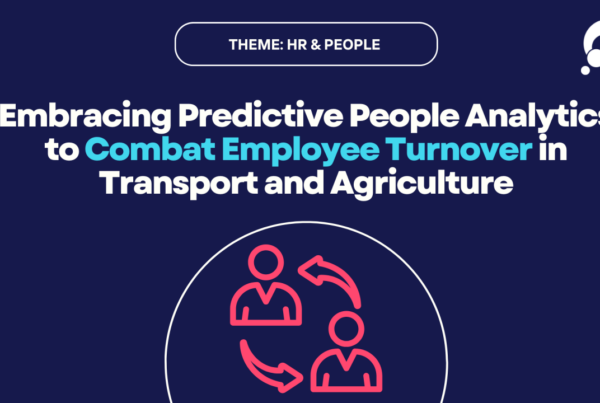As businesses strive to thrive in an era defined by sustainability and long-term viability, Environmental, Social, and Governance (ESG) reporting has emerged as a formidable tool. In Australia, the winds of change are blowing stronger, propelling the nation towards mandatory sustainability reporting—a testament to the growing demand for transparency and accountability. To help you take on these changes, we thought it would be helpful to show you where to take your first steps for easy early wins.
Is ESG reporting required?
Well, the short answer is ‘not really’. In the next 12 to 18 months, new sustainability standards in Australia will be mandated, making it even more crucial for companies to be open and honest in their reporting. Separately, ESG reporting has emerged as a vital aspect of the corporate landscape, with Australian companies recognising its significance in attracting investors and demonstrating their long-term sustainability. The two are a fitting pair!
Earlier this year, the Net Zero Authority was introduced to support Australia businesses in ‘net zero transformations’, necessitating these organisations to publicly disclose their energy consumption to investors, communities, and stakeholders. Joe Longo, Chair of the Australian Supply Chain Institute (ASCI), emphasised the need for a systematic approach to data collection and analysis across the entire company and its supply chains. Longo advises organisations to start preparing for these ambitious standards right away.
These trends are further driven by compelling statistics. Studies show that 81% of employees expect employers to take action against climate change, while 76% of Millennial job seekers consider a company’s environmental and social commitments when choosing work. Moreover, 77% of consumers are motivated to purchase from companies committed to making a better place. Notably, 73% of investors state that efforts to improve the environment contribute to their investment decisions. These figures highlight the growing importance of ESG initiatives in engaging various stakeholders and driving business success.
The influence of environmental and social commitments
of employees expect employers to take action on these commitments
Of Millennial job seekers consider this when choosing work
Of consumers are more motivated to purchase from these companies
Of investors state it influences their investment decision
The challenge this sets up for Australian businesses
Organisations face several challenges when it comes to reporting electricity consumption as part of their ESG initiatives. Firstly, the process often involves tedious manual work, such as copying and pasting figures from different platforms and devices. This not only consumes significant time and resources but also raises concerns about data integrity and the potential for errors, resulting in unreliable insights and the risk of greenwashing.
Secondly, the lack of a centralised and clean database poses obstacles to obtaining a clear overview of electricity consumption. This challenge is not limited to sustainability reporting alone but extends to various reports and industries, hindering organisations from identifying the levers they can pull to create more sustainable processes.
Additionally, focusing more on scope 3, organisations face the unique challenge of tracking electricity consumption in a hybrid workplace, where remote and in-office work coexist. Tim Pittaway, Partner at RSM, highlighted in our recent seminar the importance of considering ESG in the overall scheme of things, as it impacts the financial aspect of sustainability.
“It is definitely something needs to be considered in the decision making process around energy. It’s something that needs to be factored into the whole ESG conversation, the change to hybrid working versus coming to the office.”
Tim Pittaway, Partner, RSM

Where to get started with the ‘E’ in ‘ESG’
To embark on the journey of effectively reporting electricity consumption as part of ESG initiatives, organisations need to begin by drawing a line in the sand and focusing on one area at a time. One potential starting point is to examine power meters. Every organisation has a meter, and data from power companies is readily available. Although it may provide total consumption figures and not specific business-related insights, it serves as an easy starting point, particularly for Scope 1 and 2 emissions.
Scope 3 emissions can be more challenging to measure, as they involve assessing indirect emissions along the value chain, such as those arising from the procurement, use, and disposal of products from suppliers. While every business has its specific needs, understanding overall electrical use and analysing total consumption, hourly patterns, peak times, and downtime can offer valuable insights. Modern metering technologies enable the capture of raw data, which can be automated and analysed more efficiently and effectively. There is real business value there too, as Adam Sharp said:
“Even if the regulations weren’t there, in the first place, you’re talking about enormous improvements in efficiency, with cost reductions. And obviously, below-the-line cost savings, and above-the-line sales opportunities and marketing opportunity.”
Adam Sharp, Toustone

Quick Recap
ESG reporting and electricity consumption go hand in hand as organisations strive to create a sustainable future. As Australian businesses prepare to take on sustainability reporting requirements, they must adopt a systematic approach to collecting and analysing energy data. Overcoming challenges related to manual processes, data integrity, and lack of centralised databases is crucial. By leveraging available technologies and starting with an examination of overall electrical use, organisations can gain valuable insights and make informed decisions to drive sustainable practices. Embracing the ‘E’ in ESG not only positions companies as compliant and trustworthy but also presents opportunities for innovation and long-term success in a rapidly evolving business landscape:
- Sustainability reporting will become mandatory for Australian companies.
- Challenges include manual processes, data integrity concerns, and a lack of centralised data, hindering the ability to make timely sustainable decisions.
- Tracking electricity consumption in hybrid workplaces presents a unique challenge that requires consideration within the overall scheme of ESG.
- Starting with power meter data and leveraging modern metering technology enables organisations to gain insights and create more sustainable processes.
- A systematic approach to data collection and analysis is not only essential but holds significant business value.




